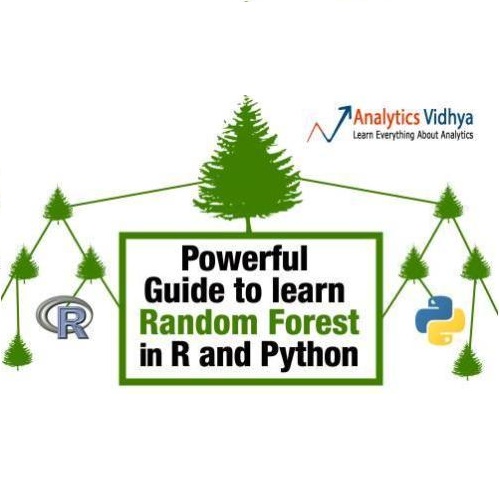Random forests are decision tree ensembles that can be used to solve a variety of machine learning problems. However, as the number of trees and their individual size can be large, their decision making process is often incomprehensible. In order to reason about the decision process, we propose representing it as an argumentation problem. We generalize sufficient and necessary argumentative explanations using a Markov network encoding, discuss the relevance of these explanations and establish relationships to families of abductive explanations from the literature. As the complexity of the explanation problems is high, we discuss a probabilistic approximation algorithm and present first experimental results.
翻译:随机森林是可用于解决各种机器学习问题的决策树集合,然而,由于树木数量和它们各自的大小可能很大,因此它们的决策过程往往难以理解。为了解释决策过程,我们提议把它当作一个论证问题。我们使用Markov网络编码来概括足够和必要的论证解释,讨论这些解释的相关性,并与文献中的绑架性解释的家庭建立关系。由于解释问题的复杂性很高,我们讨论概率近似算法,并提出初步实验结果。




